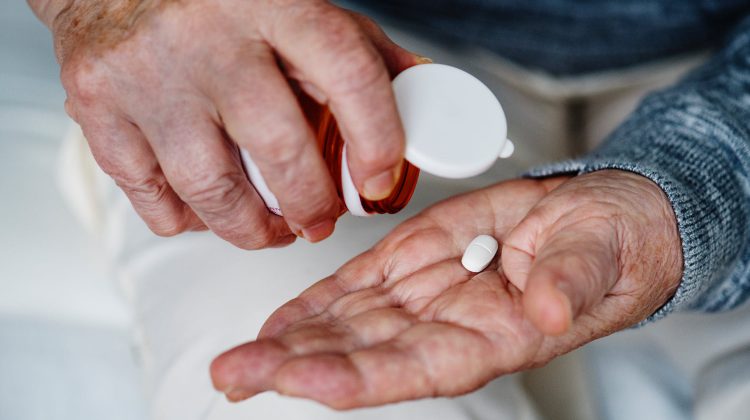COVID-19 has overshadowed another crisis the community is facing.
Efforts by the Simcoe Muskoka Opioid Strategy to address the opioid epidemic have been somewhat interrupted by the pandemic and despite this, critical work continues during a worsening local situation.
Chair of the SMOS Steering Committee Dr. Lisa Simon explains how COVID has negatively impacted the opioid crisis.
“Substances might be less predictable even more so than usual as to what people may be consuming, including increased toxicity,” Dr. Simon said. “We know that people may be using more substances at times in response to all the stress of COVID. Some people are more likely to be using alone because of the physical distancing measures and that presents potential for overdose and no one being there to respond.
Data from the SMOS shows there were 83 confirmed and probable opioid-related deaths in Simcoe Muskoka for the first eight months of 2020 – 51 percent higher than the average of 55 deaths during that same time span from 2017-19.
While most of these deaths have occured in the Simcoe District, Dr. Simon says the crisis has been equally unkind to Muskoka in the past.
“From January to May, it does look like the most impacted community was Barrie but I would have as much concern about Muskoka as anywhere else,” Dr. Simon said. “When we look back at our numbers from 2017-2019, and we look at opioid-related death rates throughout Simcoe-Muskoka, Muskoka’s rates are high. It’s Muskoka, Barrie and Orillia that in fact have the highest rates and that have rates that are well above the provincial average.”
The SMOS Action Plan ends at the end of 2020, however, the group is initiating a planning process for a regional drug strategy for years to come.
Dr. Simon says she’s hopeful that this plan and the knowledge they’ve gained through the pandemic will help them going forward.
“Some people are having a harder time accessing treatment and harm reduction services than they might usually, again, because of COVID-restrictions. So, these are some of the factors that are contributing to the dramatic increase we’re seeing both locally, and across the province and country.”
Some of the recent work of SMOS, including efforts to understand and address the negative effects of the pandemic, can be found on their website.





